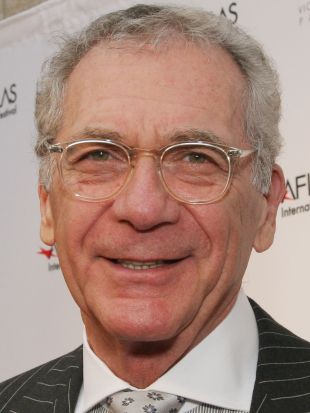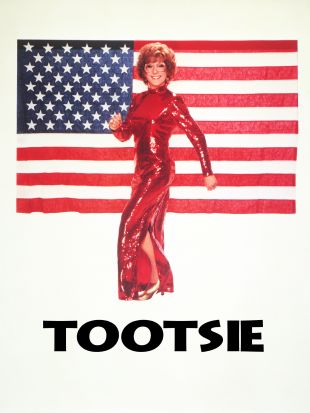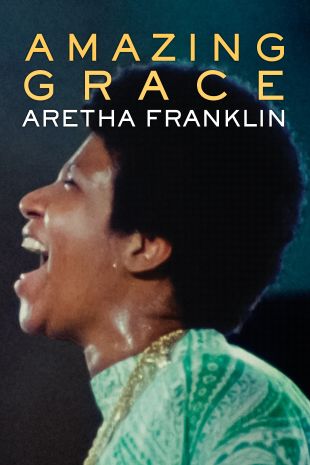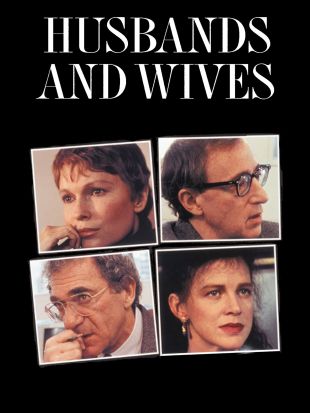Sydney Pollack was born to first generation Russian-Jewish Americans on July 1, 1934. After graduating from his Indiana high school, he went to New York and became a student at the Neighborhood Playhouse, a celebrated Greenwich Village school, where he studied under Sanford Meisner. He served two years in the army before returning to the Neighborhood Playhouse in 1958 as a teacher, and began appearing as an actor in live television dramas. His appearance in a John Frankenheimer-directed television production led him to a job as dialogue coach in the filmmaker's 1961 crime drama The Young Savages. He quickly moved into television, directing on programs such as "The Defenders," "The Naked City," "The Fugitive," "Dr. Kildare," and "Ben Casey" during the early and mid 1960s, and in 1965 made his feature film debut in the director's chair with The Slender Thread.
Pollack established himself as a competent, if unexceptional, director in such works as This Property Is Condemned, and one sequence of the Frank Perry-directed drama The Swimmer (based on a work of John Cheever). However, his real breakthrough came in 1969 with the downbeat period drama They Shoot Horses, Don't They?, a brutal Depression-era piece set against the backdrop of a dance marathon contest, starring Jane Fonda and Gig Young. Young won the Oscar for Best Supporting Actor while Pollack and Fonda were nominated for Best Director and Best Actress, respectively. (Fonda was said to have lost only because of the controversy surrounding her anti-Vietnam War activities.)
Pollack again proved his skill at handling period drama four years later with The Way We Were, a romantic drama starring Barbra Streisand and Robert Redford that became one of the most popular serious movies of the decade. During the mid 1970s, Pollack also delved into the action genre with The Yakuza, about a kidnapping committed by Japanese gangsters. He achieved much greater success in 1975 with Three Days of the Condor, a post-Watergate suspense thriller starring Redford, Cliff Robertson and Faye Dunaway that proved an enduring favorite among genre fans as well as a hit with general audiences. Four years later, The Electric Horseman united his two top leads, Fonda and Redford, in a predictable but very successful update of the '30s screwball comedy, while Absence of Malice (1981), starring Paul Newman and Sally Field, took a much more serious tone in dealing with a story of an innocent man whose career is ruined by an ambitious reporter.
In 1982, Pollack returned to comedy in top form with Tootsie, the story of an out-of-work actor (Dustin Hoffman) who achieves success by masquerading as a woman. The film scored a Best Director Oscar nomination for Pollack, as well as a win in the same category from the New York Critics Film Circle, and became the second highest grossing film of its year after E.T.. More success followed for the director with Out Of Africa (1985); starring Redford, it was one of a dwindling number of serious romantic dramas aimed at middle-class, middle-brow, middle-aged audiences that scored big at the box office. Unfortunately, another such outing with Redford, the 1990 Havana, was a notorious failure.
Pollack was back on top in 1993 with The Firm, a wildly successful adaptation of John Grisham's thriller that starred Tom Cruise. However, mirroring the unpredictable fluctuations of fortune in Hollywood, his next directorial effort, a 1995 remake of Sabrina starring Harrison Ford, proved to be a colossal critical and financial flop. In 1999, Pollack and Ford reunited to make Random Hearts, a drama about a man and a woman Kristin Scott Thomas who discover that their respective spouses--who died in a plane crash--were lovers.
In addition to directing, Pollack has also served as a producer on a number of films (including The Fabulous Baker Boys, Presumed Innocent, Dead Again and Sense and Sensibility) and frequently appears as an actor, both in his own films and those of other directors (he had a starring role in Woody Allen's Husbands and Wives). In 1999, he could be seen portraying a wealthy man with some questionable pastimes in Stanley Kubrick's Eyes Wide Shut.
The 21st century found Pollack working far more often as a producer than as a director thanks in part to the production company he ran with director Anthony Minghella, Mirage. Those credits include such award-winning films as Iris, The Quiet American, and the big-screen adaptation of the novel Cold Mountain. After a layoff of over five years, Pollack returned to the director's chair twice in 2005. He created both his first documentary, Sketches of Frank Gehry about the famous architect, and The Interpreter, an old-fashioned political thriller with Sean Penn and Nicole Kidman. In 2006 Pollack handled the producing duties on Anthony Minghella's drama Breaking & Entering, which reunited them with Cold Mountain star Jude Law. Pollack died of cancer at age 73 in May 2008.



